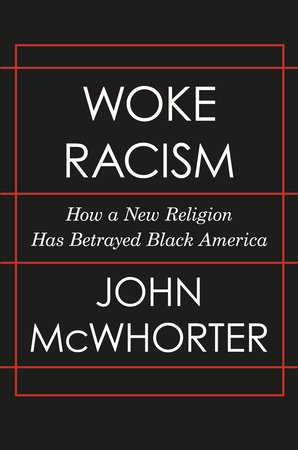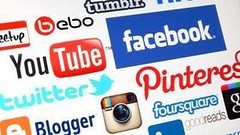In The Line, Leonid Sirota discusses a disturbingly narrow victory for freedom of speech in the Supreme Court of Canada’s decision in Ward v Quebec (Commission des droits de la personne et des droits de la jeunesse):

“Supreme Court of Canada, Ottawa”by daniel0685 is licensed under CC BY 2.0
The Supreme Court’s recent decision in Ward v Quebec (Commission des droits de la personne et des droits de la jeunesse) has attracted considerable public attention, and for good reason. Although no law was in danger of being found unconstitutional, the case did concern the limits of the freedom of expression, which have always been controversial, and are perhaps more controversial now than they had been in decades. In brief, the issue was whether nasty jokes by an “edgelord comedian”, as The Line‘s excellent editorial described Mr. Ward, at the expense of Jérémy Gabriel, a well-known disabled child artist, amounted to discrimination that could be punished by an award of damages.
Much has already been written about the Supreme Court’s narrow decision in favour of Mr. Ward; for my part, I have already commented on (mostly) the majority opinion on my blog. Here, I focus on the dissent, in which, as The Line put it, “[t]here’s an incredible amount of popular modern discourse seeping into judicial reasoning” that “culled plausible-sounding legalese from Twitter logic”. That sounds about right.
But let me put it slightly differently. The dissent is, in a word, woke. And I do not mean “woke” as a generic insult. Nor do I mean, incidentally, that Mr. Gabriel is a snowflake. I think he deserves sympathy on a human level, though not the protection of the law for his claim. Rather, what I mean by calling the dissent woke is that it embraces a number of specific tenets of contemporary social-justice ideology, which, if they become law ― and they were just one vote away from becoming law ― would be utterly corrosive to the freedom of expression.
For one thing, the dissent erases the line between words and actions, so that disfavoured words are treated as deeds and therefore subjected to vastly expanded regulation. Justices Abella and Kasirer (with whom two others agree) write:
We would never tolerate humiliating or dehumanizing conduct towards children with disabilities; there is no principled basis for tolerating words that have the same abusive effect. Wrapping such discriminatory conduct in the protective cloak of speech does not make it any less intolerable when that speech amounts to wilful emotional abuse of a disabled child.
In what is going to be a theme of my comment, this twists the meaning of words beyond recognition. Conduct is conduct and speech is speech. Using words instead the proverbial sticks and stones is not just a disguise. It’s the better part of civilization. The law relies on a distinction between words and actions all the time. This is a principle, and a general one, but it has also been a cornerstone of the law of the freedom of expression in Canada since the early days of the Charter. I have criticized the majority decision for disregarding precedent and doctrine. The dissent does the same, only much worse.
Besides, as I once noted elsewhere, the negation of the distinction between speech and conduct often combines with a belief that violence against some politically heretical group or other is permissible with the toxic belief that “[w]hat one says, or does, is expression; what one’s opponents say, or do, is violence.” This, in turn, means that law dissolves into a raw competition for political power, with the ability to decide whose expression will be stripped of its “protective cloak” and proscribed as the prize.














